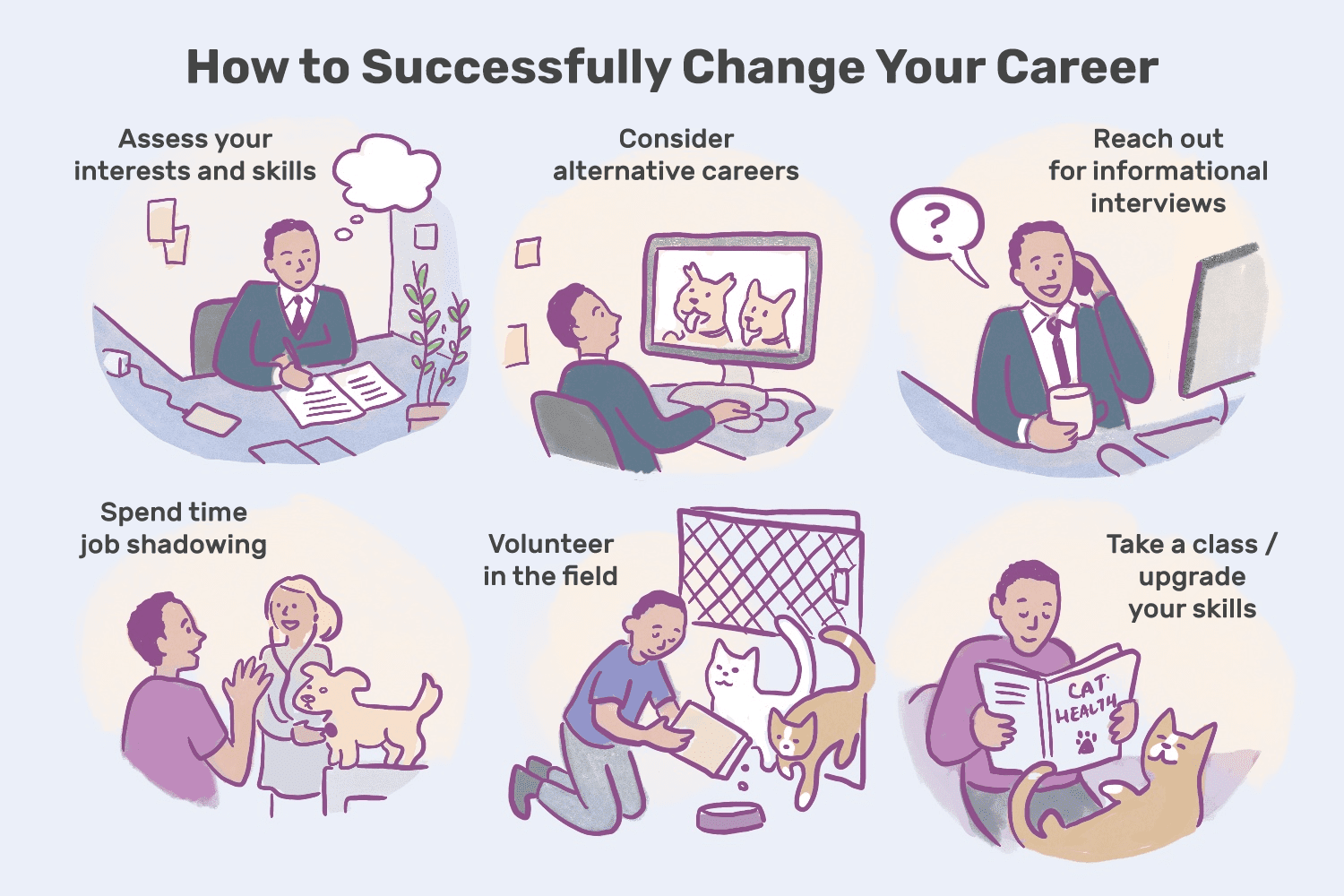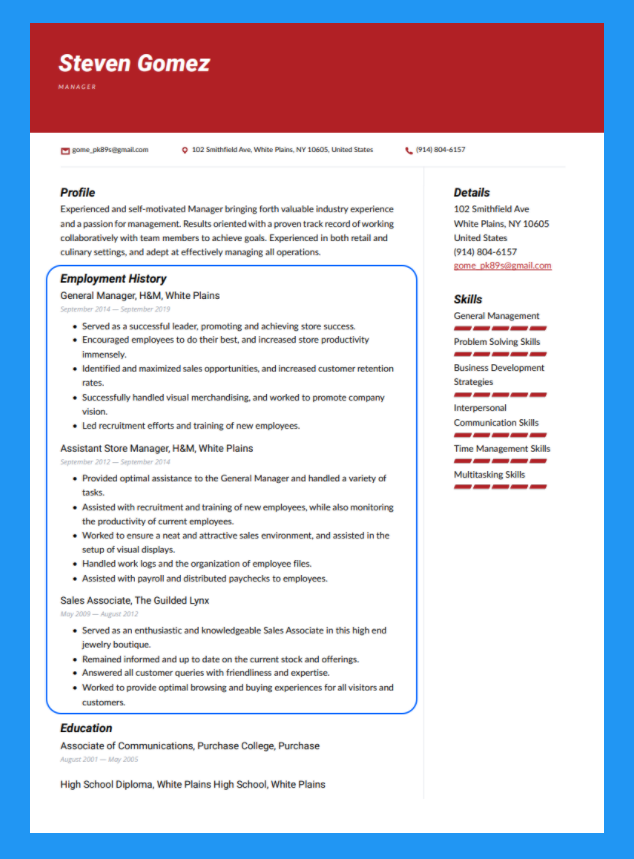
Career paths are designed for employees to move from education into the workforce. They combine task-focused and action-oriented approaches. They can also improve employee engagement and retention. If created well, career pathways can help companies meet growth projections and staffing requirements. A few studies actually show that a career pathway can increase employee engagement by as much as 50%.
Career paths are a combination of action-oriented and task-focused
While career paths may not be clear for everyone, there are common themes. One of these common themes is task-focused and action-oriented thinking. In order to succeed in life, one needs to balance the two approaches. People with task-oriented thinking are likely to be overwhelmed by job responsibilities, while those with goal-oriented thinking will balance small tasks with the big picture.

They can be either linear or not-linear
Career paths are both linear and non-linear, and can lead to different outcomes. A linear career path usually involves a series of steps from undergraduate degree to medical school to residency, then to a job as a doctor. However, non-linear career paths may offer more flexibility and autonomy.
When determining which path is right for you, it's helpful to think about the different experiences you've had and how they can be translated to new roles. People with different backgrounds may find common threads, such as their skills and contributions to different organizations. Since skills often develop over time and in a certain environment, it's important to identify transferable skills. This way, if one job requires specific skills, it might be easier to use them in a different position.
They can assist with company growth projections and staffing requirements.
Leaders must consider future technology, growth projections and staffing needs when creating career paths. These factors can impact the recruitment and staffing of employees. For example, new technologies can necessitate different skills. Career paths should consider the skills required by the company in order to ensure employees are prepared for new roles. As many jobs will be gone in the next decade, companies should encourage soft skills that can help them remain relevant and successful.
They can increase employee engagement and retention.
Employee engagement is crucial to your business's success. According to research, engaged employees make a company more productive and are more profitable. They also experience lower employee turnover and absenteeism. Deloitte reported that employee engagement improved retention by 87 percentage. If you create a company culture that values employee fulfillment, employee engagement can be made a higher priority.

Companies can improve employee engagement by creating career paths. Employees who are engaged will stay with their company for longer periods of time, contribute more towards the success of the organization, and save money and time through lower recruitment and training expenses. Employees can feel more connected and engaged by the organization's mission through career development.